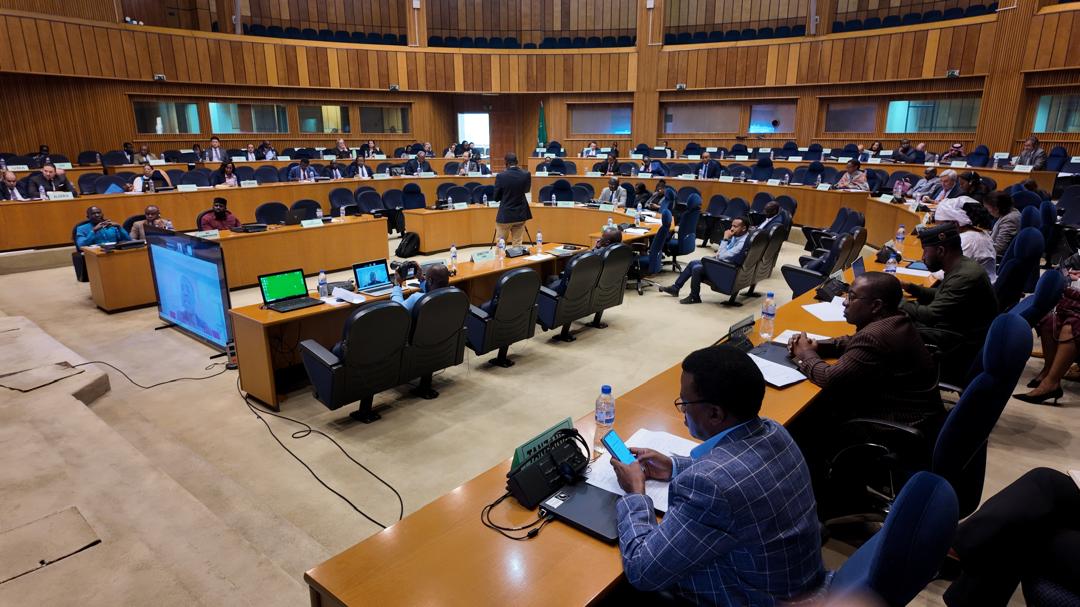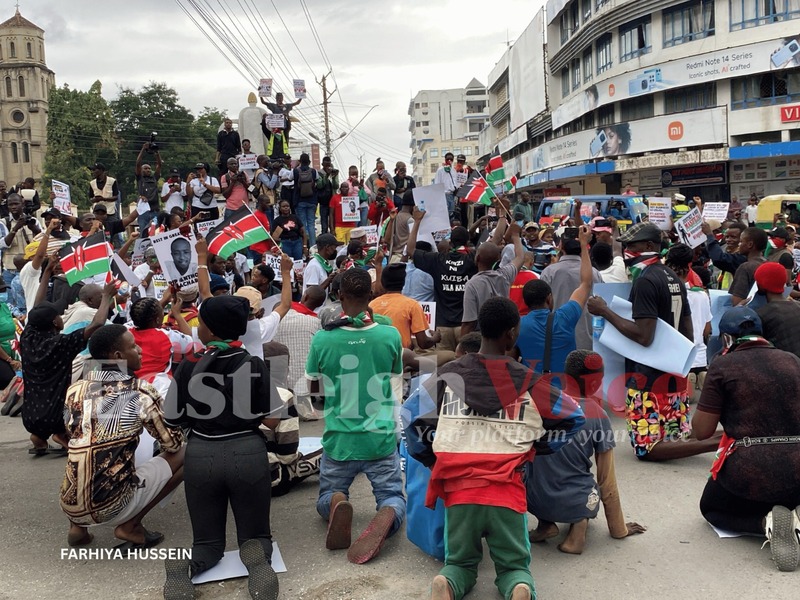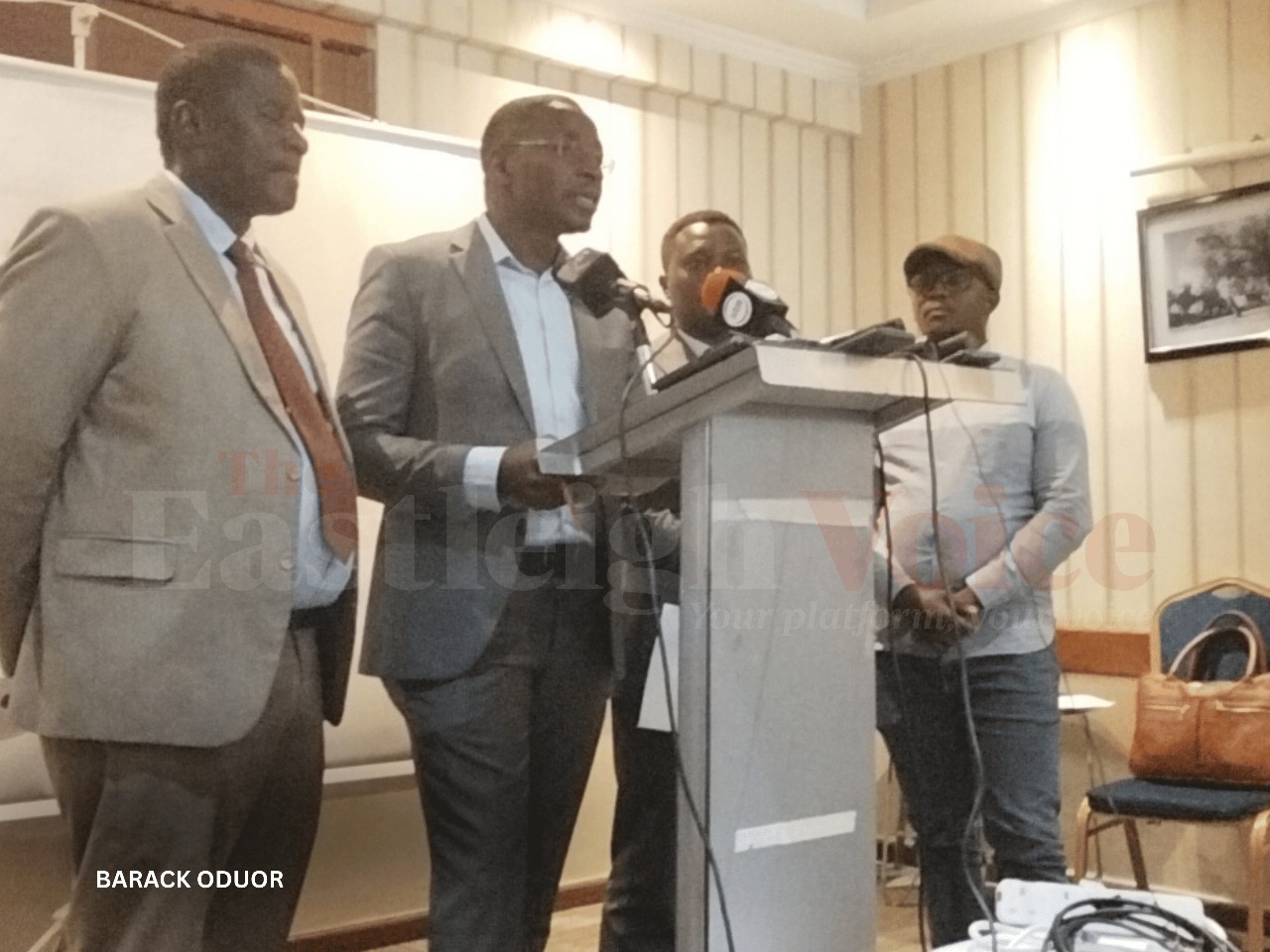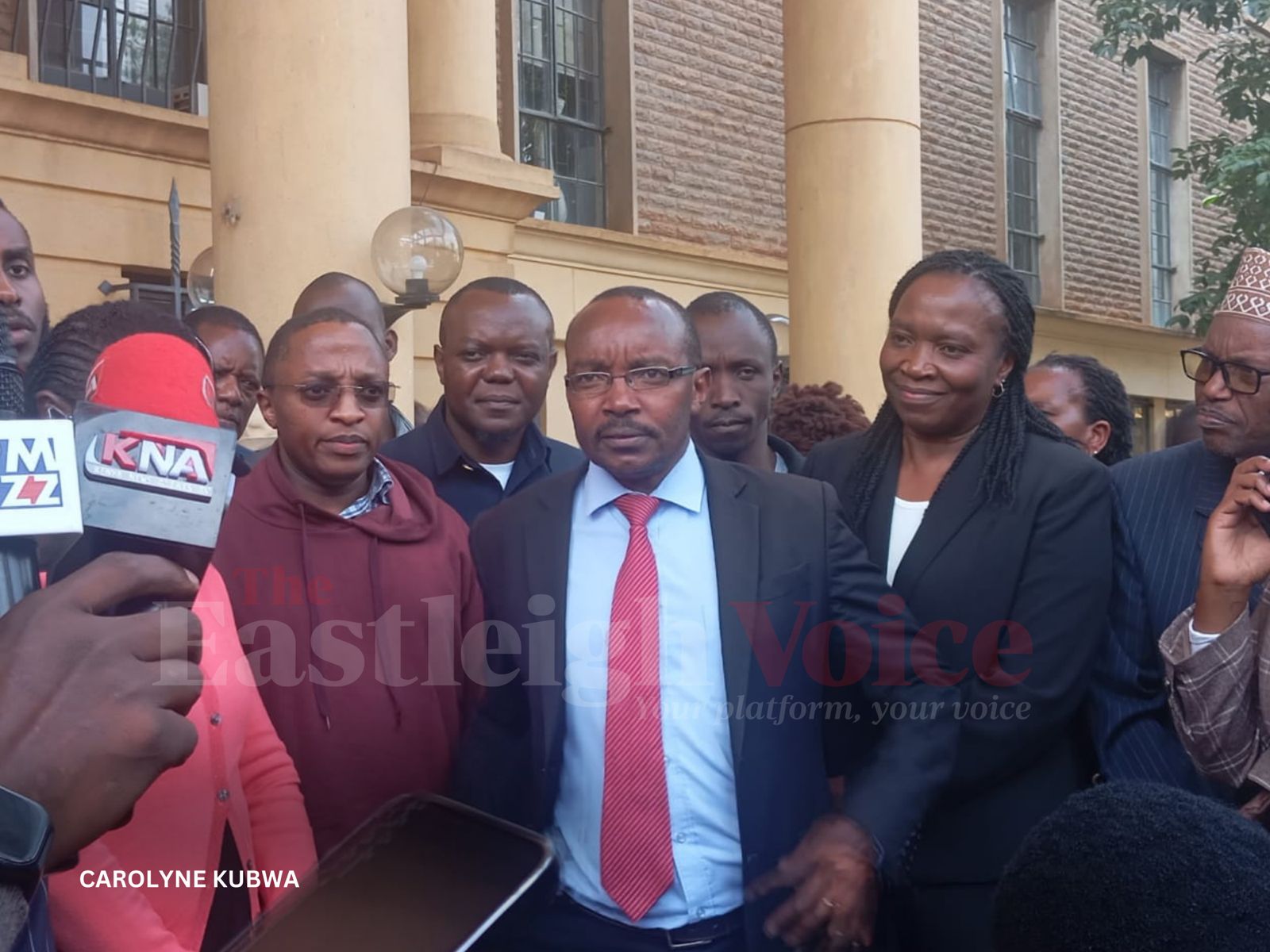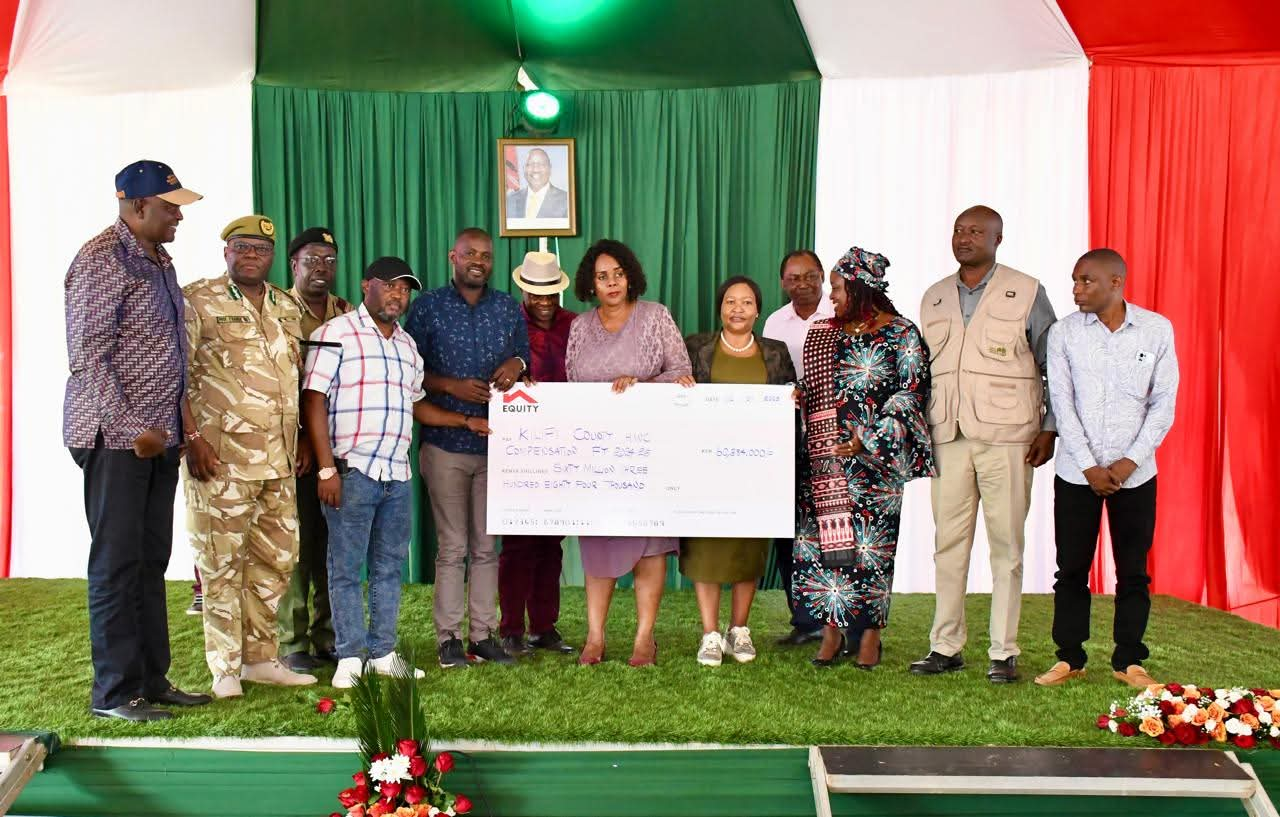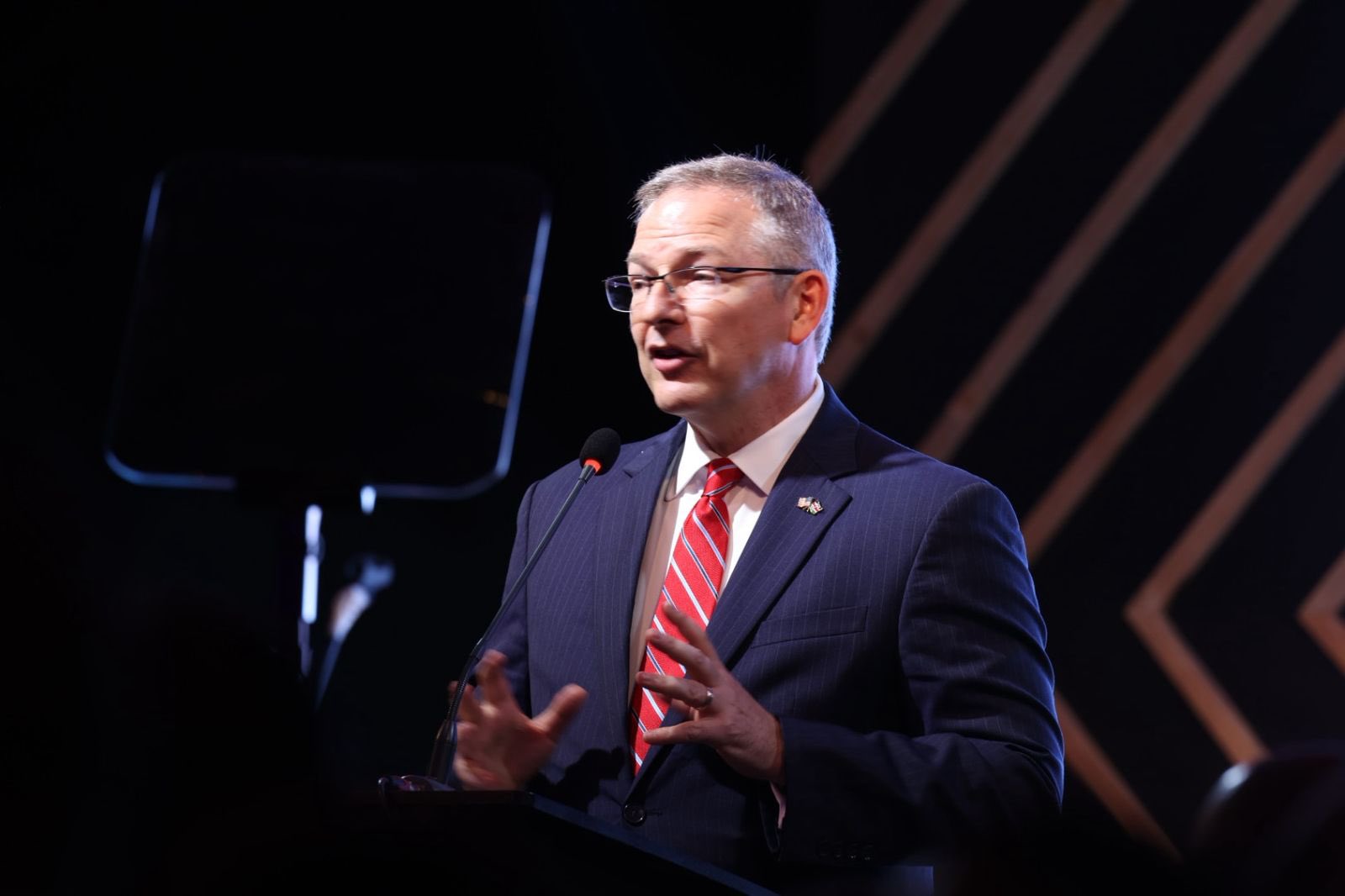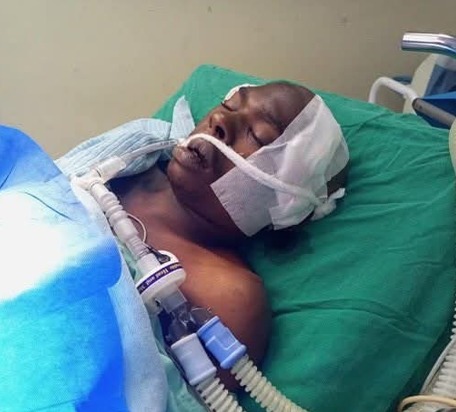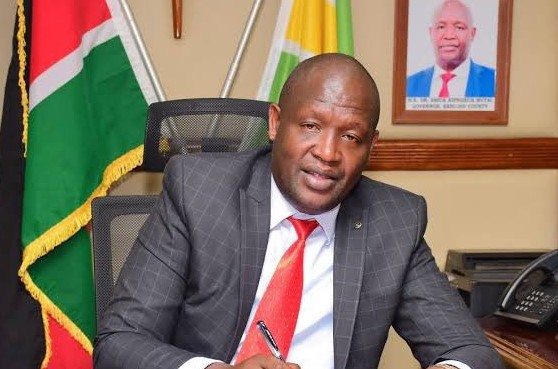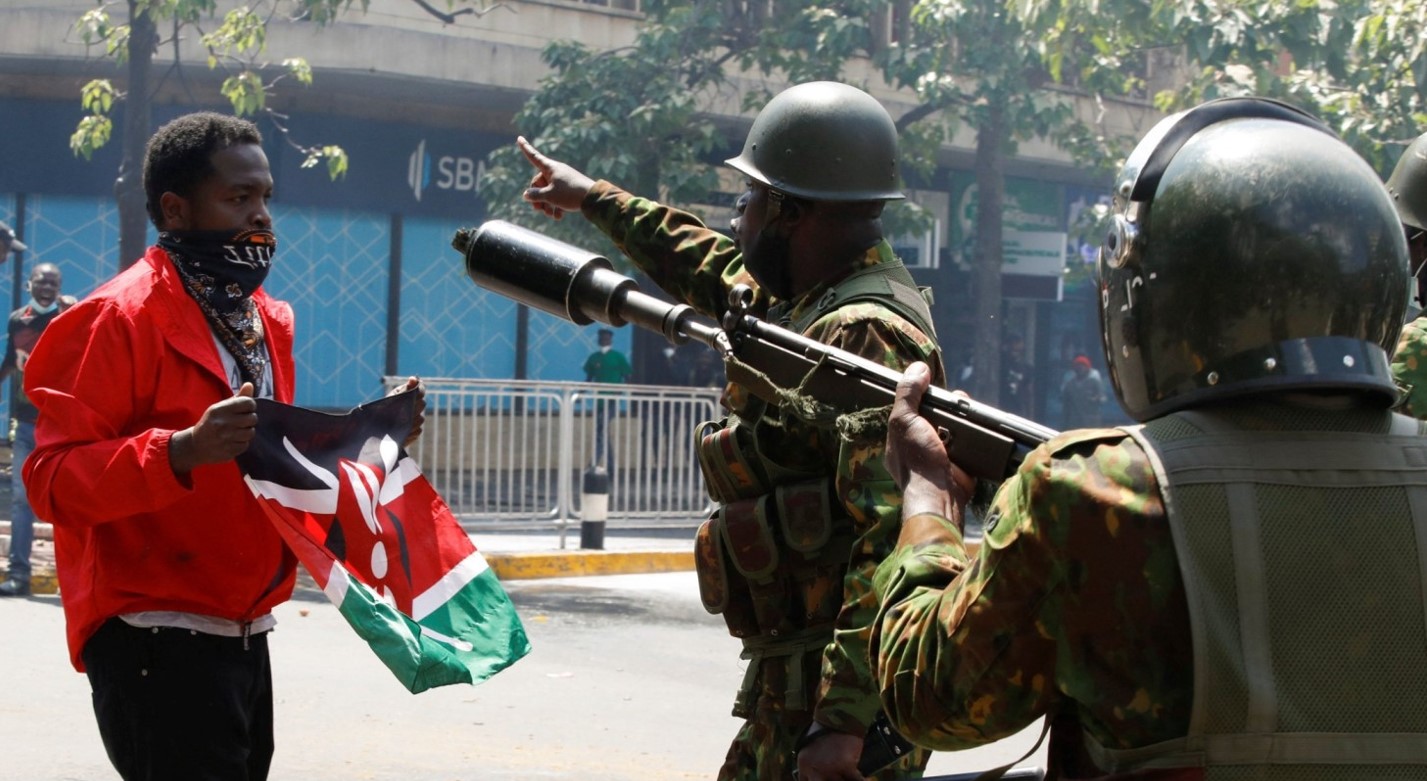National Gender Commission outlines urgent measures to combat GBV
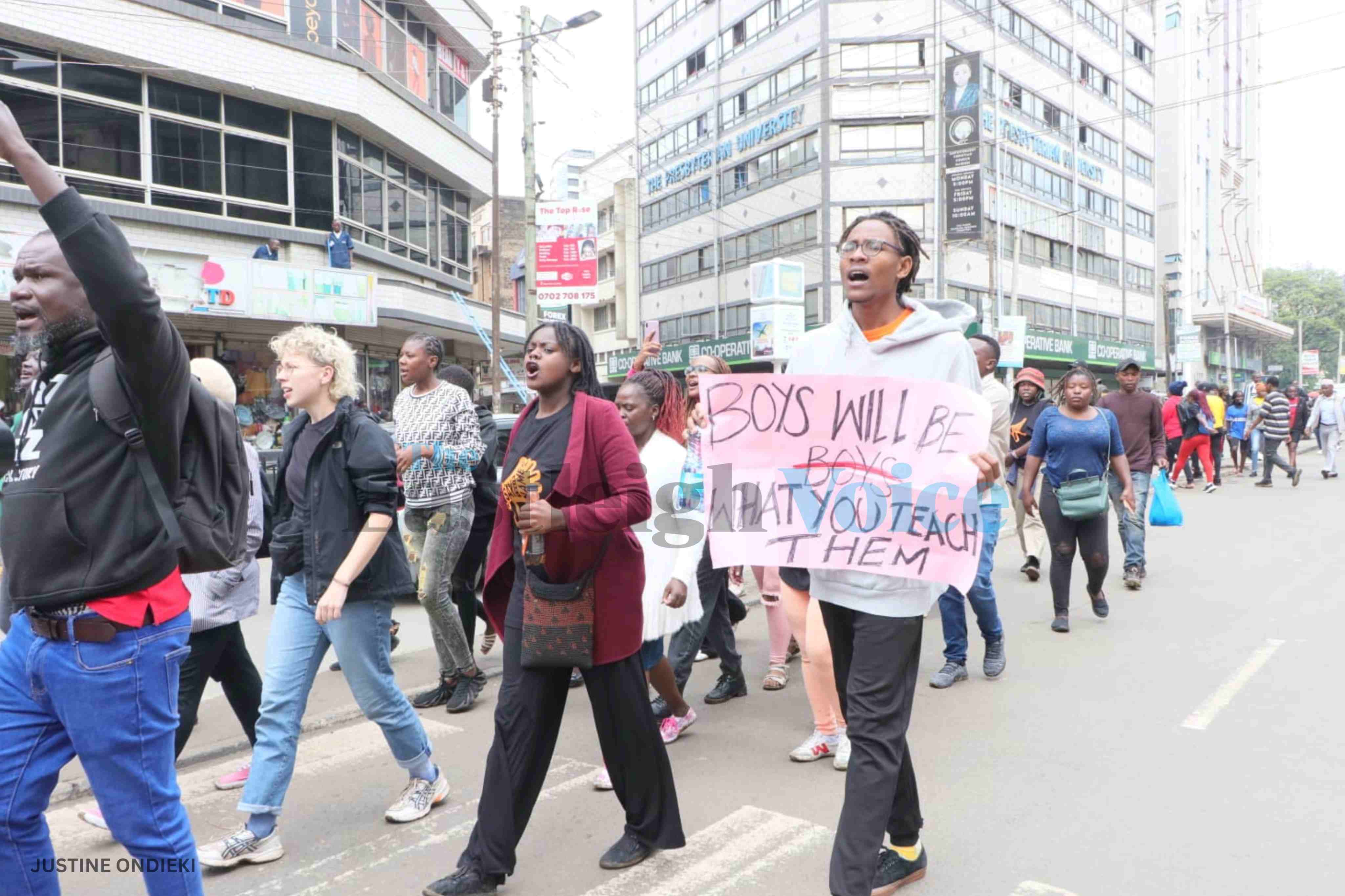
The commission urged the government to strengthen multi-sectoral responses at national and county levels, involving the private sector and communities in finding quick solutions to reduce the prevalence of GBV.
The National Gender and Equality Commission (NGEC) has called on the government to invest in prevention strategies that target younger populations and actively involve men and boys in the fight against gender-based violence (GBV).
In a statement released on Monday, the commission emphasised that addressing the root causes of GBV and changing societal attitudes are essential for achieving long-term solutions.
More To Read
- Taita Taveta GBV survivors speak out as county grapples with alarming rise in cases
- Kenya tops East Africa in gender-based violence in sports with 69 per cent prevalence – report
- Silent struggles: Kenyan men speak out on financial pressure, mental health, and masculinity
- DRC conflict sparks surge in sexual violence against refugee children in Burundi
- Mandera stakeholders launch action plan to combat GBV, empower women and girls
- ‘The silence must end': Women senators lead bold campaign against GBV in Mandera
"As long as men remain bystanders, it is impossible to end GBV," the commission said, calling for cultural and behavioural change.
The call was made as the country marked the beginning of the 16 Days of Activism Against GBV, a global campaign running from November 25 to December 10, 2024.
This year’s campaign centres on the Beijing +30 priorities, with the theme: “Towards 30 years of the Beijing Declaration and Platform for Action - UNITE to end Violence against Girls and Women.”
In addition to advocating for stronger prevention, the NGEC outlined several other measures to accelerate the elimination of GBV in Kenya.
The commission urged the government to strengthen multi-sectoral responses at national and county levels, involving the private sector and communities in finding quick solutions to reduce the prevalence of GBV.
However, the Commission identified enduring challenges that hinder the eradication of GBV. These include entrenched cultural practices, technology-facilitated violence, and gaps in prevention and response mechanisms.
“More resources are needed to sustain the momentum we aim to establish this November,” NGEC’s Acting Chairperson, Thomas Koyier said.
“The country has an opportunity to focus on priority actions, including strengthening multi-sectoral responses to GBV at all levels.”
Koyier pointed out the role of the private sector and communities in offering practical, immediate solutions that could reduce GBV prevalence while safeguarding previous gains.
It also called for enhanced legislative measures to deter GBV offences, alongside the establishment of safe spaces and recovery centres, such as POLICARE facilities, to offer survivor-centred care.
NGEC highlighted the importance of rehabilitation programs for offenders and emphasised the need for public education campaigns with strong anti-violence messaging.
The commission also commended the Kenyan government for its financial support in launching the 2024 campaign and called on the private sector, non-state actors, and communities to join efforts in mitigating GBV.
Reaffirming its commitment, NGEC pledged to work alongside all sectors to create a Kenya free from GBV.
Top Stories Today
Reader Comments
Trending

